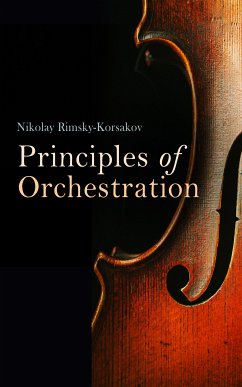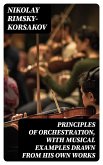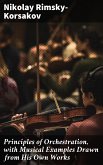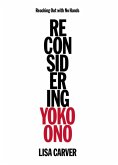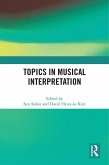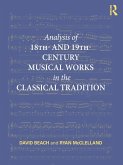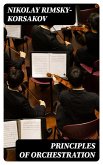Principles of Orchestration, with Musical Examples Drawn from His Own Works is a book by a famous Russian composer Nikolai Rimsky-Korsakov, member of the group of composers known as The Five. The book presents a notable attempt to show all of the nuances of orchestration. The author describes everything one needs to know about arranging parts for a string or full orchestra. The book is concise, articulate and excels at being both a book of reference and a book of general knowledge.
Dieser Download kann aus rechtlichen Gründen nur mit Rechnungsadresse in A, B, BG, CY, CZ, D, DK, EW, FIN, F, GR, H, IRL, I, LT, L, LR, M, NL, PL, P, R, S, SLO, SK ausgeliefert werden.
Hinweis: Dieser Artikel kann nur an eine deutsche Lieferadresse ausgeliefert werden.

